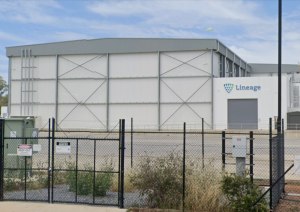Opal, along with other large industrial users of gas, said it welcomed the Commonwealth Government’s commitment to restore Australia’s domestic gas supply and market pricing to globally competitive conditions.
Earlier this week, Prime Minister Scott Morrison said the government would reset the east-coast gas market to create a more competitive and transparent Australian gas hub by unlocking gas supply and delivering a pipeline and transportation market.
A statement from Morrison’s office said gas supports the manufacturing sector, and it is an essential input in the production of plastics for PPE and fertiliser for food production.
The plan has received a mixed review in the media and from the renewable energy sector and its proponents.
However, Opal, Incitec Pivot, Brickworks, Qenos, and AdBri have publicly committed to the process outlined by Prime Minister Scott Morrison, which they see as a sophisticated, considered series of steps to correct chronic failure in the domestic gas market.
“Success in this effort will avoid potential short-term damage and, through medium term steps, offers a strong foundation for new investment and economic recovery based on stable, competitive energy markets,” the companies said in a joint statement.
The companies said effective actions, adopted in a timely way, are essential to sustain substantial parts of Australian manufacturing – and tens of thousands of jobs, which have been placed at risk by the instability of supply and sharply rising cost of gas since 2015. The compounding influence of the pandemic on Australia’s economy heightens pressure on these businesses and demands a sense of urgency in resolution of the gas issues.
The companies confirmed their commitment to the government’s process to reach a heads of agreement and industry code of conduct, preferably by November. As the government has outlined, the key principles are related to adequate supply and an appropriate pricing mechanism.
While allowing for the fact that 80 per cent of Australia’s gas is exported, industrial consumers emphasise the need to balance resource management with security of supply to our domestic market. This is one key factor for the heads of agreement.
A second vital element of heads of agreement is a globally competitive benchmark for a price mechanism, which should be the US Henry Hub. The US market is similar to Australia in that it has substantial domestic gas and is a gas exporter. Its Henry Hub mechanism is a transparent, contestable market-making mechanism for both producers and consumers.
After acquiring Orora’s Australian fibre business, Nippon Paper combined it with its Australian Paper business, establishing Opal earlier this year.





